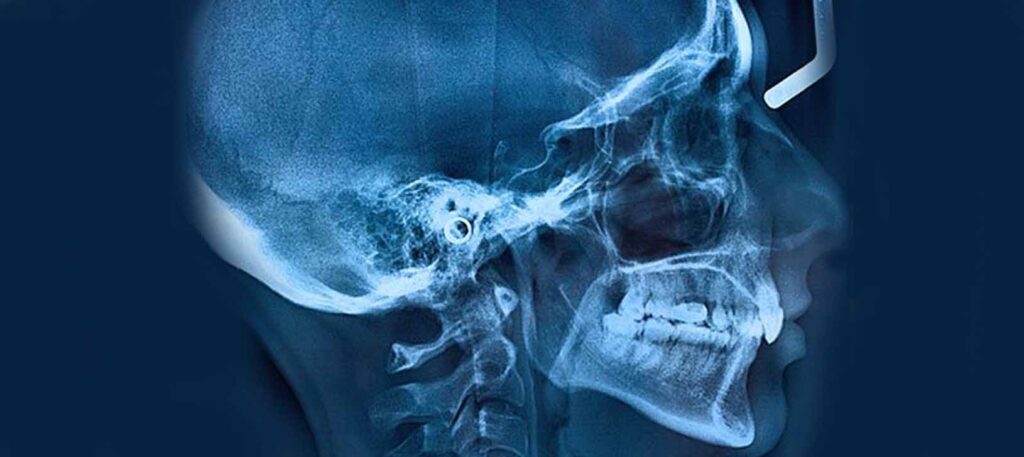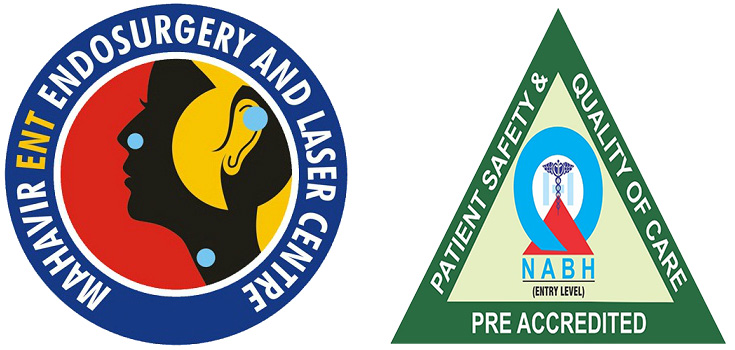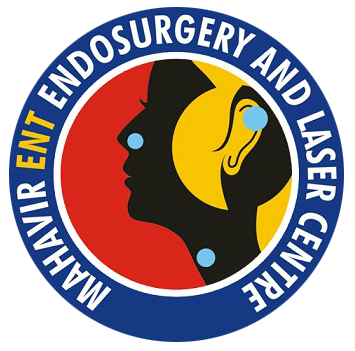Fractures Of Jaw
Services > Fractures Of Jaw
- Vertigo
- Ear Wax
- Ear Pain
- Ear Infections
- Ear Cholesteatoma
- Acoustic Neuroma
- Torn Ear Lobes
- Perforation In Ear
- Ototoxicity
- Otitis Media
- Mastoiditis
- Hearing loss
- Foreign bodies in the ear
- Rhinoplasty
- Breathing Problems
- Foreign bodies in nose
- Nasal Bone Fracture
- Nasal Septum
- Nasal Polyp
- Nasal Deformity
- Nosal Allergy Clinic
- Nose Bleeding Treatment
- Sinus Treatment
- Chronic Sinusitis
- Adenoidectomy
- Voice Disorders
- Salivary gland problems
- Papillary Thyroid Carcinoma
- Oral and Throat problems
- Laryngeal Vocal Nodules
- Laryngeal Vocal Cord Palsy
- Foreign body in esophagus
- Foreign body in bronchus
- Difficulty in Swallowing
- Cancer of the Larynx
- Sleep Apnea
- Snoring Treatment
- Head & Neck Cancer
- Thyroid Cancer / Papillary Carcinoma

Broken Jaw (Mandible Fracture)
A broken jaw (or mandible fracture) is a common facial injury. Only the nose is broken more frequently. A broken jaw is the 10th most common fractured bone in the human body. Fractures (breaks in the bone) are generally the result of a direct force or trauma to the jawbone (mandible).
A dislocated jawbone means that the temporomandibular joint (where the jaw connects with the skull) is moved out of place. The jawbone may or may not be fractured, but even if there is no fracture, symptoms (listed below) may be similar to a jawbone fracture.
- Simple or closed: The fracture did not cause a break in the skin or mucosa or periodontal membrane. There is no connection between the jawbone and the environment.
- Compound or open: The jawbone is open to the environment.
- Comminuted: The jawbone region has bone splinters or crushed bone.
- Greenstick: One section of the jawbone is fractured while the other part is bent.
- Pathologic: fracture due to preexisting bone disease
- Multiple: two or more distinct fractures of the jawbone
- Impacted: One section of bone is driven by force into another section.
- Atrophic: fracture due to bone atrophy
- Indirect: fracture in a bone located away from the injury site
- Complicated (complex): fracture with additional tissue or structural injury
Although a jawbone fracture may occur from many pathological causes (for example, cancer, bone loss through infections), the large majority of fractures occur from the following:
- Motor vehicle accidents
- Assaults (facial trauma)
- Sports-related injuries (boxing, football)
- Falls (face-first falls)
In the majority of patients, the signs and symptoms of a jawbone fracture begin to develop immediately after some trauma to the jaw.
- People may feel that your teeth do not fit together correctly (this is called a malocclusion). They may be unable to open their jaw all the way, have problems speaking or chewing food, or notice swelling or displacement of the jaw.
- The chin or lower lip may be numb because of damage to a nerve that runs through the mandible.
- Inside the mouth, bleeding or change in the normal lineup of teeth or both can be signs of a broken jaw. There might also be bruising under the tongue or even a cut in the ear canal due to movement backward of the broken jawbone.
- Drooling and the inability to close the mouth may occur.

